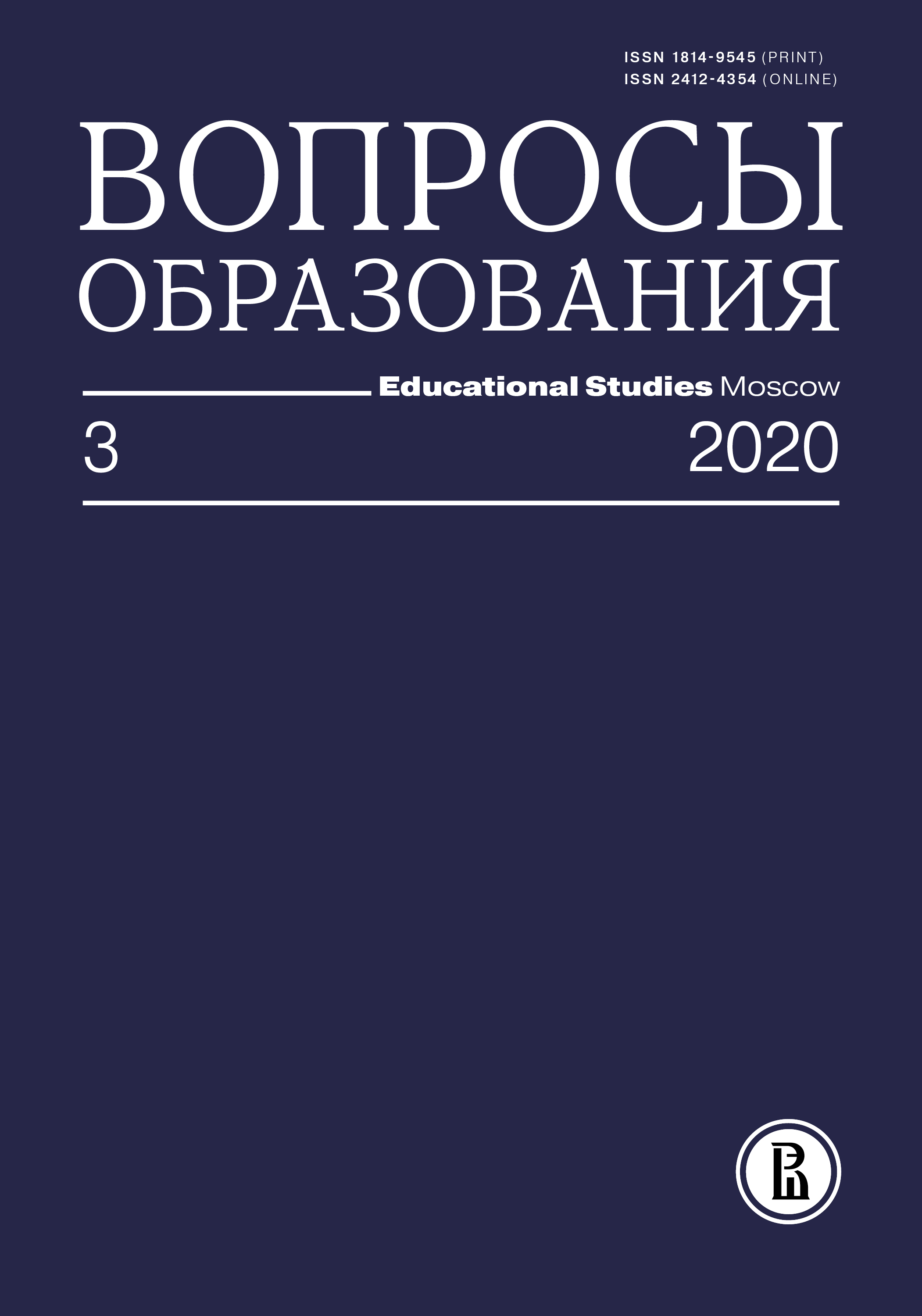Отношение российских преподавателей экономики к использованию математики
Аннотация
В российском сообществе преподавателей экономики сильна поляризация мнений относительно использования математического инструментария в преподавании экономических дисциплин бакалаврского уровня. Многие преподаватели выступают за использование минимального объема математики, ограниченного лишь базовыми графиками и уравнениями. Проведен опрос 160 российских преподавателей экономики с целью выявления факторов, определяющих их мнения о достаточности знаний по математике у студентов и о желательности сокращения или расширения объемов использования математического инструментария в процессе преподавания начальных курсов экономики. Установлено, что большинство преподавателей по разным причинам считают математические знания студентов недостаточными, но полагают, что математический инструментарий помогает лучше усваивать отдельные аспекты экономических проблем; они также оценивают используемый объем математики как оптимальный. Существенное влияние на мнение преподавателей об использовании математического инструментария оказывают их собственные представления о роли математики в экономике. Выявлены также различия в мнениях по ряду вопросов между преподавателями московских и региональных вузов.








